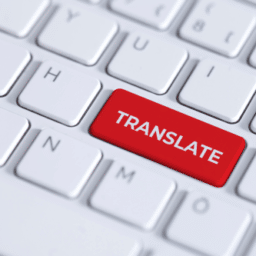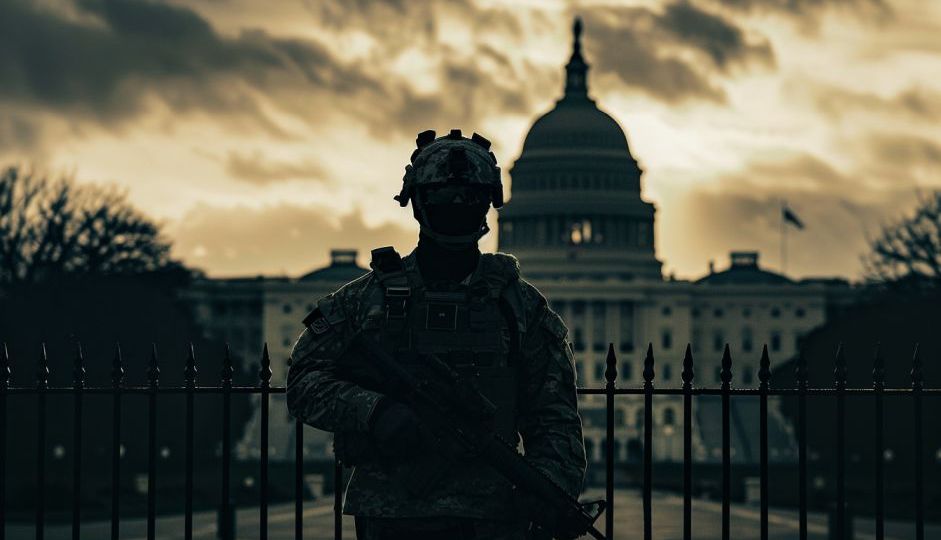
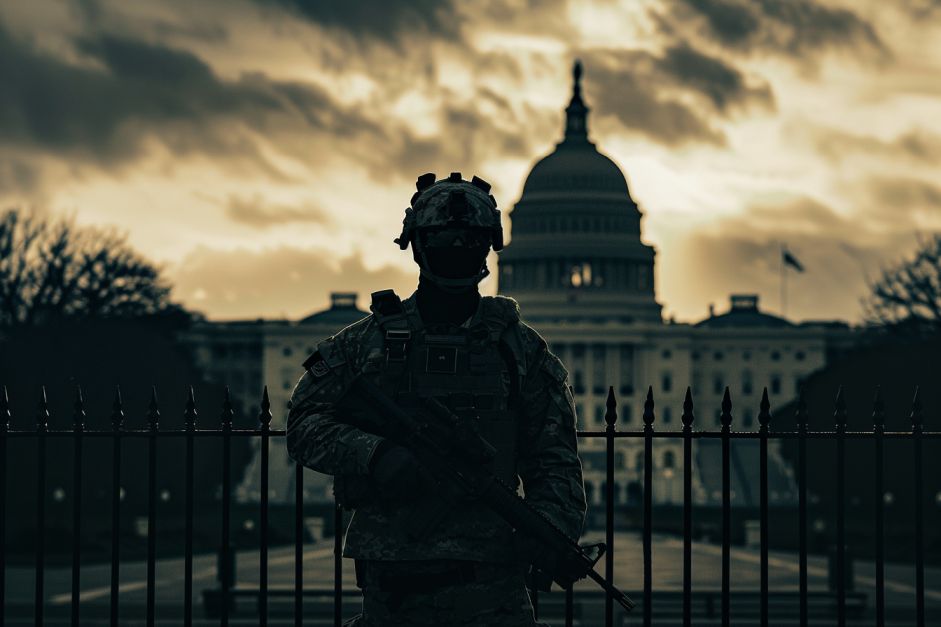
National security is critical for any state. It encompasses protection against both internal and external threats. This expansive concept includes military defence actions, counter-terrorism efforts, protection of infrastructure, and crisis management in the event of natural disasters.
An effective response to threats requires rapid communication across multiple levels. This communication occurs not only in the native language of the country but also in the languages of other countries associated within specific alliances (e.g. NATO). Thanks to that, the coordinated efforts flow smoothly. Maintaining robust national security is essential for preserving the sovereignty and safety of a nation.
Contents
What is the role of translations in state security?
Imagine an international counter-terrorism operation involving units from different countries, each communicating in its language. In crises, all information, orders, and reports must be understood without any ambiguity. Wrong language translation leads to tragic outcomes, including the loss of lives.
Military translations extend beyond combat operations to the daily work of intelligence services—translating documents, recordings, and reports.
International agreements, security protocols, and press releases also require translation. These documents demand particular attention as any misunderstandings could potentially escalate conflicts. Translators must be well-versed in the cultural and political context of the country from which the text originates.
Military translations: How can you overcome challenges?
In crises, every second counts. Incorrect translations lead to catastrophic consequences. During counter-terrorism operations, even the slightest ambiguity in a translated order can result in civilian casualties.
The pace of work also presents a significant challenge. Information must be relayed instantaneously. However, the speed of translation should not compromise its quality. Military operations are always under immense time pressure. Every minute counts. Modern translation support tools, such as CAT software, are invaluable in such conditions. Yet, even the best tools cannot replace human knowledge and intuition.
Confidentiality and data security require special consideration during translation. Translators often have access to highly classified information. The transfer of such data must adhere to strict security procedures to prevent leaks. Sensitive information must remain protected at all times.
Interpreting in a multilingual environment
Security services usually operate in a multilingual environment. During military operations, they collaborate with international partners and conduct missions on foreign territories. NATO missions, for instance, require communication among soldiers from different countries, each speaking their native language.
Cultural differences influence the information. Certain gestures, expressions, or forms of politeness may have completely different meanings in various cultures. Misunderstanding these differences can lead to unintended offences. Interpreters must be aware of these cultural subtleties.
The Middle East provides a clear example of this diversity. Many counter-terrorism operations there have required translations of documents and messages from Arabic, Persian, or Pashto. The dialects within these languages affect information interpretation. The differences can be so vast that an inexperienced interpreter might struggle to understand the message correctly.

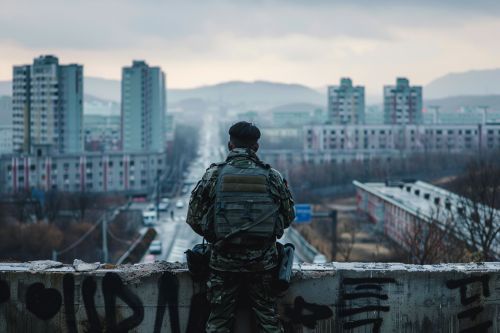
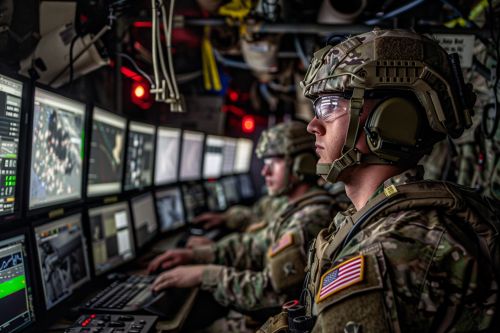
Language of military communications
The language used in military documents and communications is often highly specialised. The terminology spans a wide range of fields: from military tactics and technology to international law and medicine.
Specialised terminology related to national security includes terms such as “asymmetric warfare”, “cyber threats”, “cryptographic protocol”, and “weapons of mass destruction”.
Translating technical documents presents numerous challenges. A translator must have the requisite technical knowledge. Translating the user manual for a new radar system requires an understanding of how the system operates, its components, and its maintenance. Incorrect translations lead to improper use of equipment, which, in turn, could jeopardise the safety of operations.
Some technical terms do not have direct equivalents in the target language. In such cases, the translator must find ways to explain them in a manner that is understandable to the audience.
Legal documents related to national security also pose a challenge. Translators must be aware that every word in such a document is significant and can have far-reaching consequences.
Qualifications of military translators
Translators and interpreters working in the security sector possess exceptionally high qualifications. They must be proficient in at least two languages, typically their native language and a foreign language used during military operations. Specialists are also required to be familiar with technical terminology.
Translators and other security specialists need to collaborate for a successful operation. They should work closely with intelligence analysts, operational officers, IT specialists, and experts in international law. Teamwork facilitates the continuous exchange of information, allows for rapid response to changing circumstances, and ensures that critical data is well-communicated.
The importance of teamwork is evident in counter-terrorism operations. When a sudden threat arises, every team member must know exactly what is their role. A translator working directly with an operational officer can instantly translate information from intercepted conversations or documents.
Thanks to the synergy of various specialists working towards a common goal, outcomes are better than those achieved through individual efforts. Translators, as part of such teams, become integral to the decision-making process. Where cooperation is well-organised, the risk of errors and misunderstandings is reduced.
Military translations: Confidentiality is a must
Confidentiality is an absolute priority in military translation. At our translation agency, we are fully aware of the importance of securing this information from unauthorised access.
Skrivanek specialises in military translations. Our translators are highly qualified professionals who have undergone rigorous data protection training. This ensures that all documents are treated with the utmost care.
We collaborate with numerous government institutions and international organisations that value our reliability. Our work includes translating operational documents, intelligence reports, military equipment manuals, and other materials. Contact us to find out more!
Images generated by AI.











